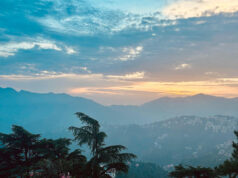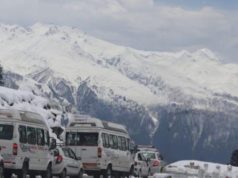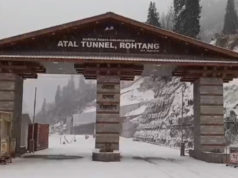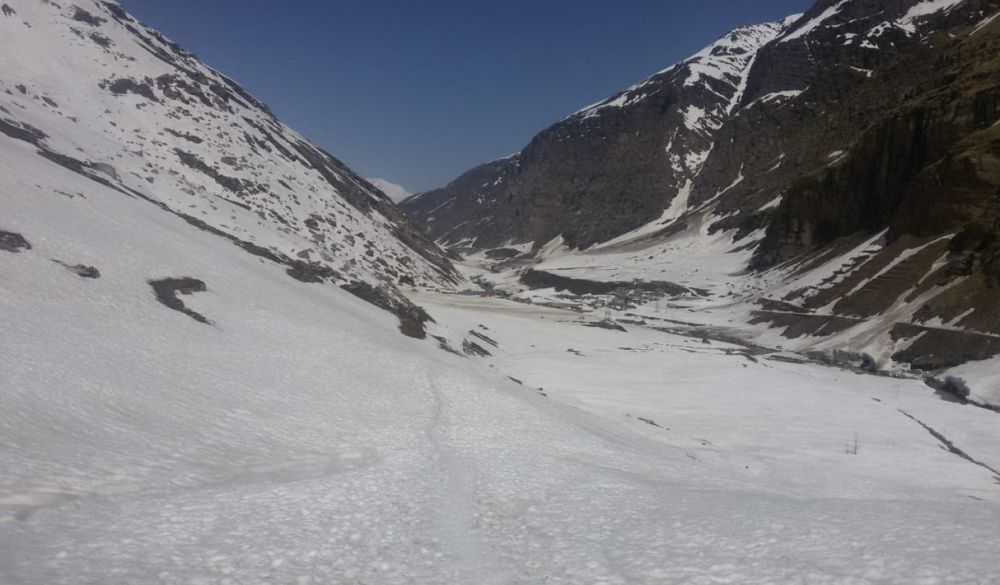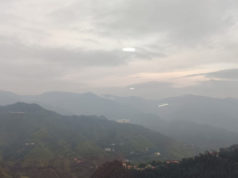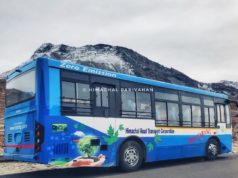Tourist Surge in Manali: Rohtang Pass Permits Fully Booked Until June 28; Over 11,000 Tourist Vehicles Flood Manali
Manali – The serene town of Manali is currently experiencing an unprecedented influx of tourists, resulting in a complete booking of permits for the iconic Rohtang Pass until June 28. Over the past three days, more than 11,000 tourist vehicles have made their way to Manali, causing significant crowding in the region’s most popular spots, including the ecologically sensitive Rohtang, Shinkula, Baralacha, and Chandratal.
Snow-covered mountains across these high-altitude areas, further fueling the tourist rush. Rohtang Pass, a major draw for visitors, saw continuous streams of tourist vehicles from 4 AM to noon. All permits to visit Rohtang have been pre-booked, underscoring the intense demand to experience this breathtaking location.
The influx of vehicles has been staggering. Data shows that 2,942 tourist vehicles arrived in Manali from other states on Wednesday, followed by 3,120 on Thursday, 3,130 on Friday, and about 3,400 on Saturday. In addition, more than 15,000 vehicles from various tourist spots within the state have converged in Manali over the same period. The result is a bustling town and jam-packed tourist spots.
The neighbouring areas of Jispa and Sarchu in Lahaul are also witnessing increased tourist activity. SDM Manali Raman Sharma confirmed that over 300 tourist vehicles headed towards Shinkula and another 300 towards Baralacha and Sarchu. Chandratal Lake, a favoured destination for Spiti-bound tourists, has also seen a substantial number of visitors. According to SP Lahaul-Spiti Mayank Chaudhary, all tourist destinations in the district are currently crowded.
However, this surge in tourism has raised significant environmental concerns. The high-altitude regions of Rohtang and others are ecologically fragile. The massive influx of tourists and vehicles poses a severe threat to these delicate ecosystems. Vehicles are a primary source of pollution, which can contaminate water bodies and disturb the ecological balance.
Local authorities face the challenging task of managing this tourist boom while ensuring the preservation of Manali’s natural beauty and ecological health. The current situation highlights the urgent need for sustainable tourism practices to protect these vulnerable environments. As Manali continues to attract visitors from all over, striking a balance between economic benefits and environmental preservation remains crucial.


